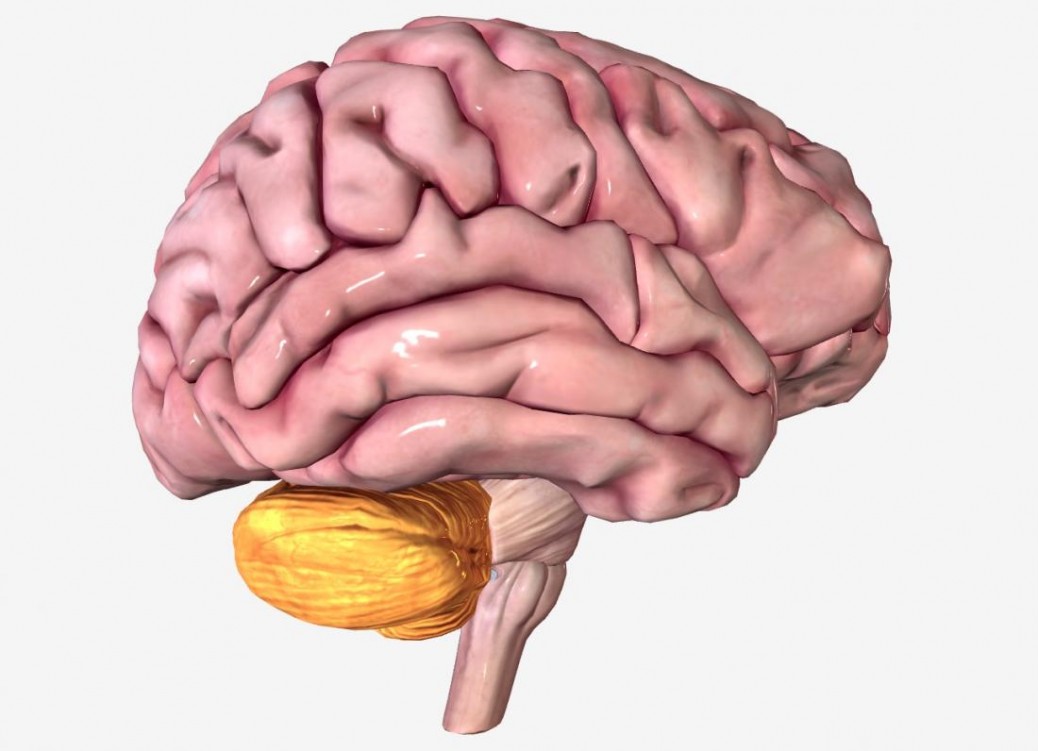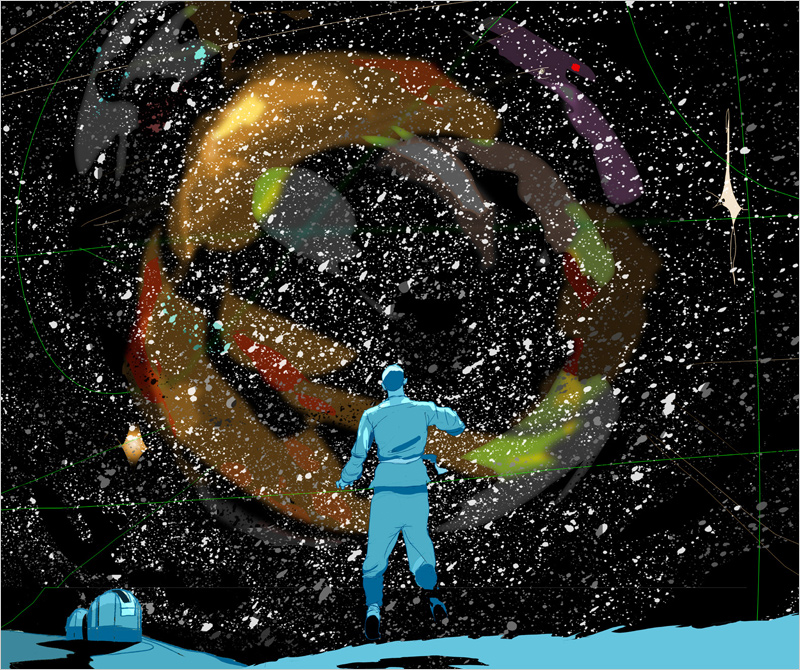Types and Usage
Difference between human Brain and animal Brain:
Human beings possess a capability far beyond animals. Many ideas exist to explain the mind, but few understand the truth.
Consider just a few of the qualities man possesses that are unique among all living creatures. Many attributes are so common and assumed that few give them much thought. Yet it should become clear how special human beings are.
How do human brains differ from other animals?
1) Human have a 3 times bigger relative brain size (relative brain size: the analogy between body mass/weight and brain size..) than a hypothetical human primate of the same body size. It has not been proven that size is related to cognitive ability and therefore the aforementioned fact does not necessarily suggest that humans have an enhanced cognitive capability because of their brain size.. However, solely the fact that the human brain is 3 times larger than its expected size, does somewhat make the human brain unique.
2) The connectivity of the neurons in the brain and in particular the cerebral cortex are more developed than in other non human primates. Still, the actual different regions of the brain are the same ones in the human brain and the brain of other non human primates; for example a rat’s brain consists of the same components as this of a human, however, the neural connections in a human brain are more developed. The above said (developed neural connectivity has been linked with enhanced intelligence)
No physiological explanation exists for man’s mind! Biologists have no irrefutable evolutionary evidence. Psychologists are stupefied by the human brain. And evolutionists are left with only one answer: There is no scientific answer to the mind-body problem!
Artificial Brain:
An artificial brain (or artificial mind) is software and hardware with cognitive abilities similar to those of the animal or human brain.
Research investigating “artificial brains” and brain emulation plays three important roles in science:
1. An ongoing attempt by neuroscientists to understand how the human brain works, known as cognitive neuroscience.
2. A thought experiment in the philosophy of artificial intelligence, demonstrating that it is possible, at least in theory, to create a machine that has all the capabilities of a human being.
3. A long term project to create machines exhibiting behavior comparable to those of animals with complex central nervous system such as mammals and most particularly humans. The ultimate goal of creating a machine exhibiting human-like behavior or intelligence is sometimes called strong AI
Types of Memory
Memory actually takes many different forms. We know that when we store a memory, we are storing information. But, what that information is and how long we retain it determines what type of memory it is. The biggest categories of memory are short-term memory (or working memory) and long-term memory, based on the amount of time the memory is stored. Both can weaken due to age, or a variety of other reasons and clinical conditions that affect memory.
Memory Types
There are two major categories of memory: long-term memory and short-term memory.
Long-Term Memory: Long-term memory is our brain’s system for storing, managing, and retrieving information. Learn more about it.
Short-Term Memory: Closely related to “working” memory, short-term memory is the very short time that you keep something in mind before either dismissing it or transferring it to long-term memory.
Types of Long-Term Memory
As you would imagine, long-term memories are much more complex than short-term ones. We store different types of information (procedures, life experiences, language, etc.) with separate memory systems.
Explicit Memory: Explicit memory, or declarative memory, is a type of long-term memory requiring conscious thought. It’s what most people have in mind when they think of a memory.
Implicit Memory: Implicit memory is a major form of long-term memory that does not require conscious thought. It allows you to do things by rote.
Autobiographical Memory: Most of us have one part of life that we remember better than others.











